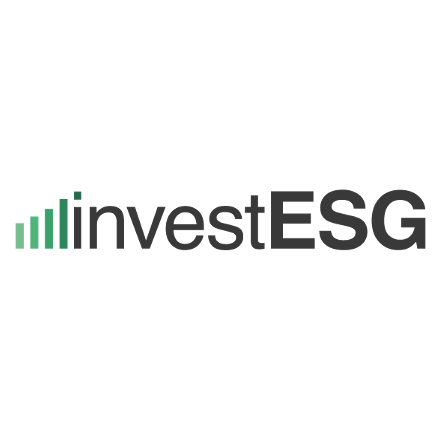

© Toyamakanna
Over the past few weeks the IFRS Foundation received more than 400 responses to the recent consultation paper.In response to the opening question with reference to the need for a global set of internationally recognized sustainability reporting standards most respondents confirmed this need. Sustainability Standards are Global PracticeThe Global Reporting Initiative (GRI) pointed out that the premise that there were no global sustainability standards is not accurate. "Sustainability reporting – that is, reporting on the impacts associated with an organisation’s activities – has been pioneered by GRI and is now a well-established global practice" as pointed out in a GRI comment in their webinar invitation on 17 December on the topic "Why financial and sustainability reporting need to be on an equal footing".A number of companies, organisations, initiatives and associations but also private individuals submitted their comments and views, among them a number of asset management firms and associations.The approach to materiality was also discussed in a number of responses. BlackRock’s comment on the topic: "Dynamic materiality resonates with BlackRock, particularly in terms of the sector-specific factors and information necessary for the different audiences that companies are trying to address in their reporting, as well as the changing nature of the sustainability-related issues which a company faces. That said, we believe that the SSB should focus on the sustainability topics that are material for enterprise value creation, rather than those that address a company’s impact on society, as this is consistent with the IASB’s focus. It could collaborate as relevant with the IASB on those issues on the margin between financial and sustainability reporting. The SSB could coordinate with GRI and others with expertise in reporting company impacts on society, reflected in the outer layer of the nested materiality map."BlackRock advocated that companies publish enhanced sustainability reports aligned with the recommendations of the TCFD and the metrics identified by SASB. Priority for climate-related risks vs. broader issuesA number of responses recommended to start with climate-related risks first and then cover broader environmental factors. Schroders mentioned in their response that the priority for climate-related financial disclosure requirements as a start for the planned SSB due to the urgency and far-reaching implications of climate change but Schroders urged to address wider issues as soon as reasonably possible.Schroders believes it is premature to require independent examination to be made compulsory but reporting in line with a set reporting framework should provide companies with "some self assurance and approval".In a response to the consultation paper Société Générale supports a convergence of non-financial reporting standards across jurisdictions and the also mandatory standards. In their opinion the IFRS Foundation could contribute to a global coordination between the involved public and private stakeholders. They see the European Commission, the EFRAG (European Financial Reporting Group), the EBA, ESMA and notably the International Platform on Sustainable Finance (IPSF), the World Economic Forum and IOSCO. Governance of Non-Financial Reporting StandardsWith reference to the governance structure of a new Sustainability Standards Board (SSB) it was recommended that regional authorities such as EFRAG would be represented. The IPSF would be a useful forum in which the SSB could work.The European Fund and Asset Management Association (EFAMA) reminded that "to ensure the legitimacy and broad support from financial market participants, the IFRS Foundation’s three-tier governance structure would have to be substantially revised to ensure it is centered around the needs of the investment community".
Balanced representation of the investmentcommunity in a global governance structure
EFAMA added: "Such a structure should ensure a balanced representation of the investment community and its expertise to appropriately reflect the materiality and relevance of information reported, and to achieve global recognition across sectors. Currently, we find that the inadequate representation of investors within the IFRS Foundation is a key obstacle to the Foundation’s role in setting sustainability reporting standards." Standards should be fit for purposeThe Bundesverband Investment und Asset Management (BVI) welcomed in their response the plan to create a globally recognised common reporting standard on sustainability as being very helpful for EU fund managers investing globally for their clients. The BVI underlined the focus from the outset on the needs of the primary users of non-financial information, i.e. asset managers and institutional investors. BVI: "The Foundation should ensure the reporting standards are fit for purpose for facilitating investment decisions."The Pension and Lifetime Savings Association (PLSA), representing more than 1.300 workplace pension schemes serving 20 million savers and pensioners supports the proposals by the IFRS so create a global sustainability standard and the SSB.The PLSA highlighted the need for useful and consistent information for pension funds how to invest intelligently for a carbon constrained future. In a survey with participants from 80 pension funds 63 % felt they did not receive sufficient information to make informed choices. Governance structure is keyA number of important topics and aspects need to be considered when developing a set of mandatory global non-financial reporting standards. The key issue will be the governance of these standards and the process how these standards will be developed further in the future.
Published by
 investESG
investESG
 investESG
investESG

